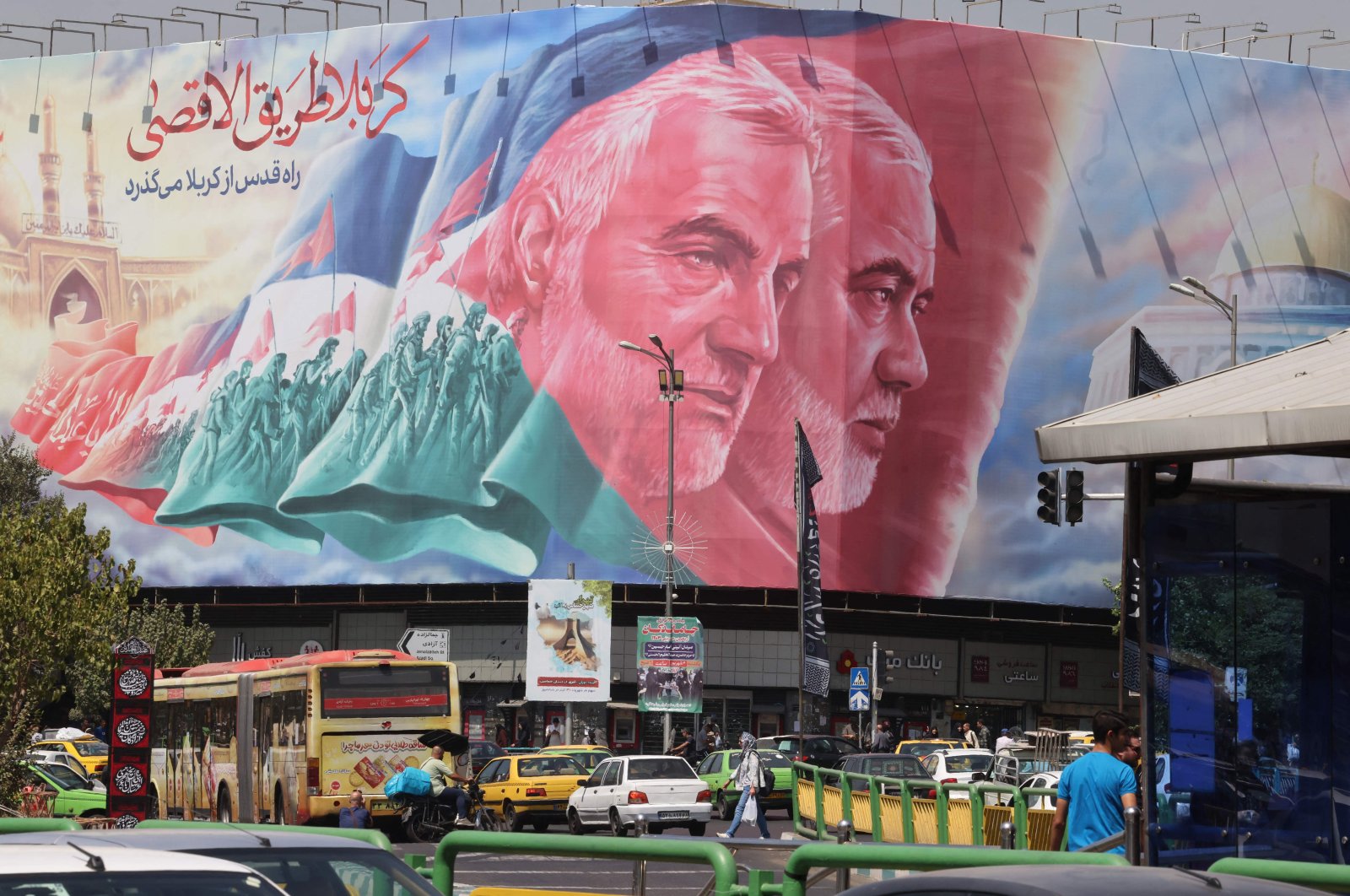
Haniyeh's assassination in Iran could ignite broader conflict in the Middle East as Iran may retaliate Israel's attacks
As we all know, the Middle East is momentarily experiencing extraordinary tension, and this unrest shows no signs of abating. On the one front, there is the Palestinian-Israeli war; on the other, the ongoing exchange of rocket fire and attacks between Israel and Hezbollah. Simultaneously, amid the broader Palestinian-Israeli conflict, Iran has also been enduring a series of successive attacks.
The first time Iran was attacked, it responded with missiles, rockets and drones. However, as the conflict continued, something unusual occurred: Israel assassinated Ismail Haniyeh, a pivotal political representative, who was at the negotiation table. Haniyeh was in discussions with the United States, Qatar, Egypt, Türkiye and even China, attempting to bring together 14 representatives from various political parties to foster unity. Israel targeted Haniyeh in Iran, striking directly near the Presidential Palace. This attack on Iranian soil was a clear violation of sovereignty, creating an extraordinary situation that would typically provoke a strong response from any state.
How will Iran respond?
Iran will undoubtedly remember this attack and will not hesitate to respond as a sovereign state. While it may not retaliate immediately, Iran will choose the right moment to act.
Historically, Iran has refrained from direct confrontation with Israel, preferring to engage through proxy forces. However, this time, Israel has directly targeted Iran on its own soil, striking a political guest. This leaves Iran with little option but to retaliate in some form.
We will have to wait to see whether Iran's response will involve a direct military strike on Israel or take a different form. This incident can potentially shift the entire balance of power in the region. Iran’s retaliation might also involve cyber attacks or strategic diplomatic maneuvers. Such a response could further destabilize the already delicate situation in the Middle East, potentially drawing in other countries and major global powers.
Risk of global crisis
From an external perspective, no one benefits from a regional war in the Middle East. Despite the desire of some to ignite conflict in the region, drawing the U.S. and Europe into a broader invasion targeting countries like Iran, history shows that such actions lead to devastating consequences. The U.S.'s intervention in Iraq resulted in the loss of a million lives, millions more displaced and countless others injured. Similarly, their withdrawals from Iraq and, more recently, from Afghanistan, were far from being victorious.
The tension between Iran and Israel has the potential to escalate into an international crisis rather than remain a bilateral issue. Therefore, the world is closely watching to see how Iran will respond and how this response will affect regional balance. We must wait and see. However, Israeli Prime Minister Benjamin Netanyahu's ambitions will not serve the interests of Israel or the U.S. Likewise, a regional war is not in the best interest of Iran, Lebanon or any other nation in the Middle East. That is why there is still hope that this looming threat will ultimately pave the way for peace.
If Iran refrains from attacking, peace may prevail. Conversely, if peace is achieved, Iran may choose not to attack.
